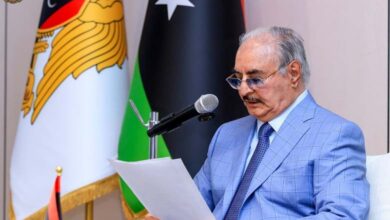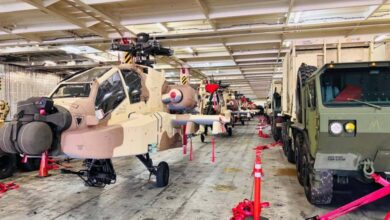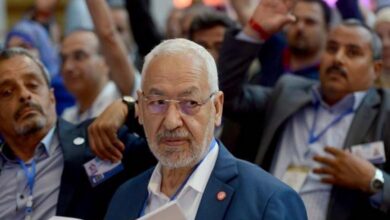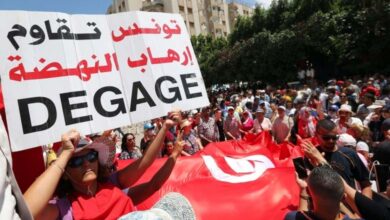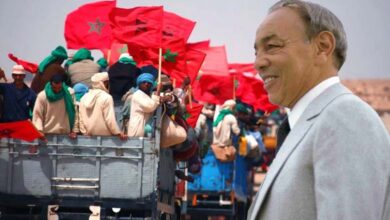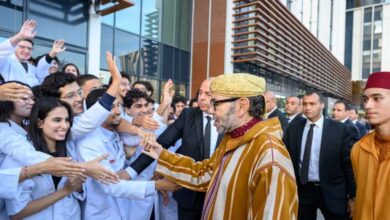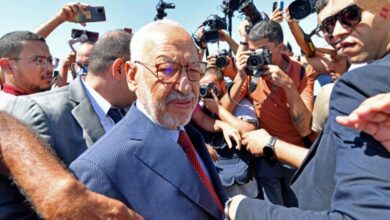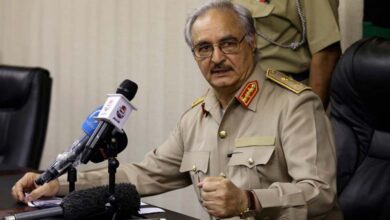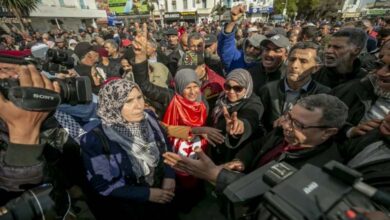Morocco wins battle to isolate Polisario internationally
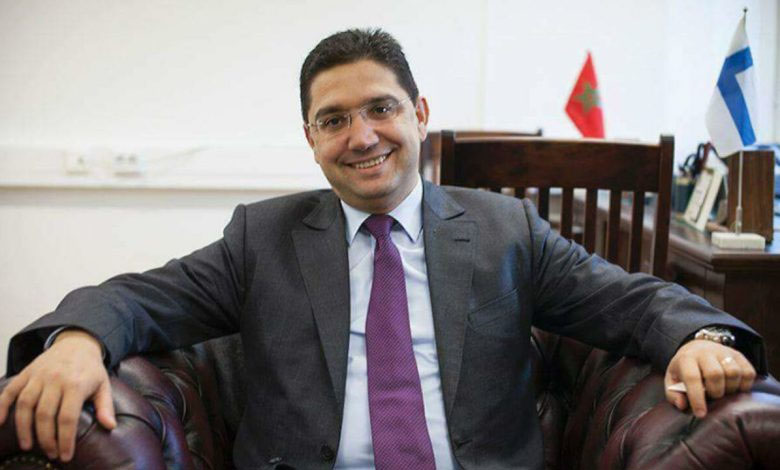
Eighty-four percent of the UN member states do not recognize the separatist Polisario Front, Moroccan Foreign Minister Nasser Bourita said, pointing to the diplomatic successes of Morocco in its efforts to isolate the separatist front internationally and to confuse its ally Algeria.
According to a report issued by the Foreign Committee of the Moroccan House of Representatives (the first chamber of the parliament) on Saturday, Bourita added that “there is a continued decline in the recognition of the fictitious entity in 2022, as 84 percent of the UN member states (193 countries) do not recognize the Polisario separatist militias.”
“States that recognize this artificial entity remain a minority internationally, including countries with inherited positions and sometimes ideological positions,” he said, referring to Algeria, the biggest supporter of separatists.
“The Moroccan Sahara is our criterion in distinguishing ambiguous positions and it is our means of determining the depth and credibility of friendships, and it is the decisive factor in valuing and developing partnerships,” he added.
“The circle of open support for the autonomy initiative has expanded in all regions and continents, including countries with major influence and extensive knowledge of the issue,” he said.
Morocco has repeatedly stressed that the Sahara issue is not negotiable or negotiable, as King Mohammed VI has made it the Moroccan counterpart of its foreign relations, and thus Rabat defines its relations with countries on this basis.
In recent years, Morocco has succeeded in isolating the Polisario Front on the international level, as the Moroccan government managed to extract the recognition of the autonomy project from Madrid and Berlin, after the two European capitals had previously supported the Algerian point of view on the issue.
The pressure exerted by Morocco on Spain and Germany succeeded in changing their governments’ positions and getting closer to the Moroccan position, after the relations between Madrid and Rabat became strained after the Spanish authorities received the leader of the separatists, Brahim Ghali, for treatment from Coronavirus between March and April 2021.
Morocco won recognition from the United States for the autonomy plan in exchange for the signing of a peace accord with Israel in 2020, and several Arab and African consulates have recently opened in Laayoune or Dakhla.
The French position on the Sahara issue remains cold, or perhaps closer to the Algerian point of view, especially with the French parliament last September welcoming a delegation from the separatist front, while Moroccan experts urged the authorities to convey the realistic and legitimate positions of Morocco to the active circles in Paris, in order to convince the French authorities to change their position, and to follow the German and Spanish positions.
The separatist front, backed by Algeria, has sought to thwart Rabat’s diplomatic successes and break the state of isolation, such as Tunisian President Kais Saied welcoming Brahim Ghali to the TICAD conference in September.
At the time, observers considered that the Algerian authorities pressured the Tunisian president to receive Ghali and to practice extortion, especially since Tunisia was going through a suffocating economic and financial crisis.
Morocco has always warned against suspected links between separatists and extremist organizations, calling on the international community to classify the Front as a terrorist organization.
Bourita has repeatedly revealed the role of the separatists in threatening peaceful security by smuggling arms and drugs, dealing with jihadists in the area of arms, in addition to the relationship with the Iranian Revolutionary Guard.
The Moroccan Foreign Minister has repeatedly confirmed that Iran is handing over Polisario drones to launch attacks, revealing the danger posed by the separatists in the southern Mediterranean and near the European borders.
Rabat proposes broad autonomy for the Sahara region under its sovereignty, while Polisario calls for a referendum for self-determination, a proposal supported by Algeria, which hosts refugees from the region.


